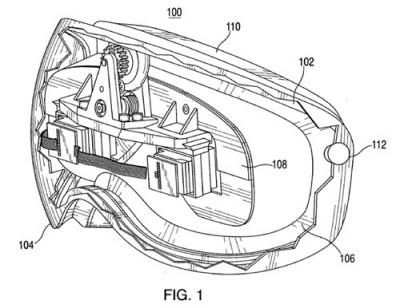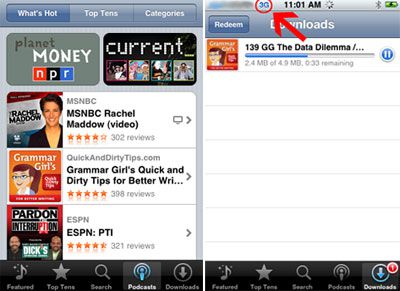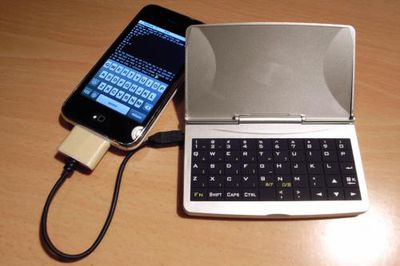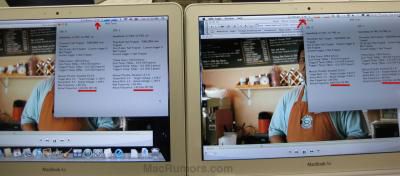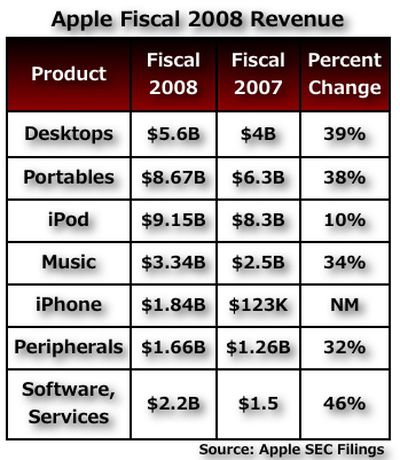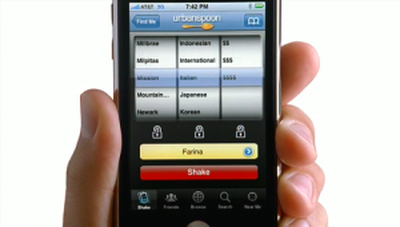The Wall Street Journal reports that Tony Fadell, the senior vice president of the iPod Division at Apple, is leaving the company for personal reasons.
Fadell has been credited as the "father" of the iPod and also was part of the team involved in the development of the iPhone. According to a 2004 Wired profile, Fadell was an independent contractor and hardware expert who came up with the idea for the iPod and eventually approached Apple:
"Tony's idea was to take an MP3 player, build a Napster music sale service to complement it, and build a company around it," Knauss said. "Tony had the business idea."
Knauss said Fadell left Philips and set himself up as an independent contractor to shop the idea around. Knauss said Fadell approached several companies and was turned away by all of them, except for Apple.
As an interesting historical footnote, Fadell approached and briefly worked at RealNetworks before he joined Apple, suggesting that the iPod's history might have been dramatically different. Apple released the iPod on October 23rd, 2001. The iPod is credited for much of Apple's financial success over the following years.
Update: Apple issued a press release confirming the departure:
Apple also announced that Tony Fadell, Apples senior vice president of the iPod Division, and his wife Danielle Lambert, vice president of Human Resources, are reducing their roles within the company as they devote more time to their young family. Fadell will remain at Apple as an advisor to the CEO. Lambert will depart the company at the end of this year after a successor is in place.
Mark Papermaster will be joining Apple as senior vice president of Devices Hardware Engineering to replace Fadell. Papermaster is the former IBM executive that Apple recruited which triggered a lawsuit from IBM.



